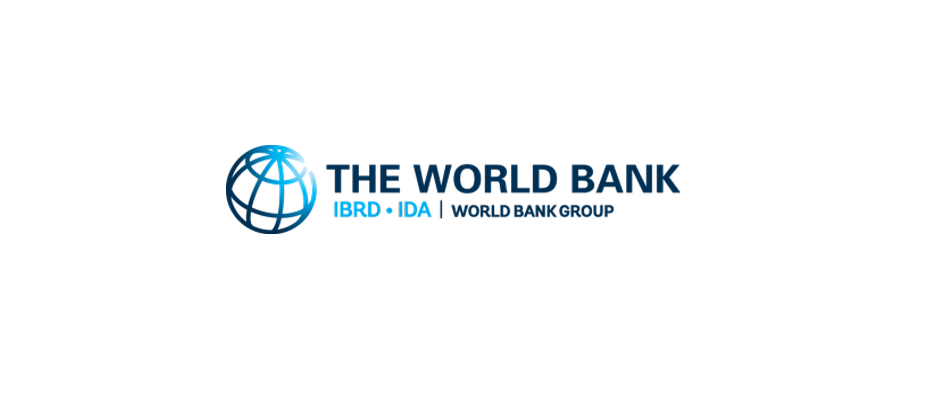
The implementation of the National Decentralization Policy in Malawi was meant to strengthen local governments capacity to deliver social and economic services more efficiently and consolidate democracy through the following: devolving administration and political authority to the district level; integrating governmental agencies at the district and local levels into one administrative unit through the process of institutional integration; manpower absorption; composite budgeting and provision of funds for the decentralized services; diverting the center of implementation responsibilities and transfers these to the districts. Hence, the aim of fiscal decentralization is to ensure that LGAs have access to adequate and predictable resources to deliver the mandated services.
In practice, Malawi’s ambitious goal of a fully functional, decentralized system remains unachieved, and is characterized by decades of fractured, uneven, and incomplete implementation. In fact, there has been a consistent decrease in real, per-capita investment at local level from 2014 to 2021.
A situation analysis to inform a comprehensive Fiscal Decentralization Strategy
The Government of Malawi, in collaboration with UNICEF, ODI, and other partners, is seeking to strengthen fiscal decentralization. With this in mind, a detailed review was conducted in 2022 to assess how Malawi’s fiscal decentralization system currently operates, pinpointing strengths and weaknesses and serving as the foundation to sculpt a comprehensive Fiscal Decentralization Strategy (FDS).
The ultimate goal of this situation analysis was to provide a thorough understanding of local government financing arrangements to inform the development of the FDS. Beyond the overall review, the assessment prepared background notes and in-depth analyses on several topics, including expenditure assignments for basic service delivery; financing service delivery in urban councils; intergovernmental fiscal transfers for improved local governance and service delivery; and institutional arrangements for management of fiscal decentralization.
Strengths and weaknesses
The current local government financing system in Malawi exhibits several strengths, including a robust legal framework enabling local oversight in development planning, democratic elections for local councils, stability in the number of local government units, and the establishment of structures like NLGFC to guide reforms. Additionally, there are positive elements in local government finance practices such as property taxation and elements of discretionary funding in intergovernmental fiscal transfers (IGFTs). The system has undergone reforms, supported by development partners, aiming for greater equity and adequacy in funding local service delivery through initiatives like the Performance-Based Grant (PBG) and sector-specific reforms.
However, Malawi’s local government financing faces various challenges. These include unclear expenditure responsibilities across sectors, particularly in urban LGAs, limited revenue generation by LGAs themselves, an IGFT system with numerous small transfers insufficient for service delivery, declining transfer values, lack of objective allocation criteria for most transfers, high earmarking of resources, and institutional weaknesses at the national level for managing IGFT reform and LGA financing.
Access the Situation Analysis Fiscal Decentralisation in Malawi on the website on UNICEF, including the final report as well as a series of background (discussion) notes, including discussion notes on:
- Expenditure Assignments for Basic Service Delivery
- Financing Service Delivery in Urban Councils
- Intergovernmental Fiscal Transfers for Improved Local Governance and Service Delivery
- Institutional Arrangements for Management of Fiscal Decentralisation
- LGA Debt and Borrowing
- LGA Fiscal Transfers – Personal Emoluments (PE)
- Mobilizing Local Own Source Revenues
This assignment was undertaken by ODI under the guidance of the National Local Government Finance Committee (NLGFC), with funding and support from UNICEF Malawi. The consultancy team from ODI included Dr. Per Tidemand, Emmanuel Ssewankambo, Tom Hart, Antoine Lacroix, Nick Hall, Tuntu Mwalyambire, Bright Sibale, Hadrod Mkwandire, Dr Asiyati Chiweza and Professor Roy Kelly.





